A Victory Against Power Line Collisions: Conserving Asian Houbara in Iran

Related Content
article-24-77468-en.pdf
Effectiveness of Spiral Diverters in Preventing Asian
In the heart of Iran’s vast deserts, the bird species Asian Houbara (Chlamydotis macqueenii) silently battles numerous threats, from habitat loss to hunting pressures. Yet, one lesser-known danger – collisions with power lines – had been quietly decimating their populations. In Abbas Abad Wildlife Refuge, we at AvayeBoom Bird Conservation Society embarked on a seemingly modest project to mitigate this threat, not knowing it would grow into a remarkable success story that would resonate far beyond the region.
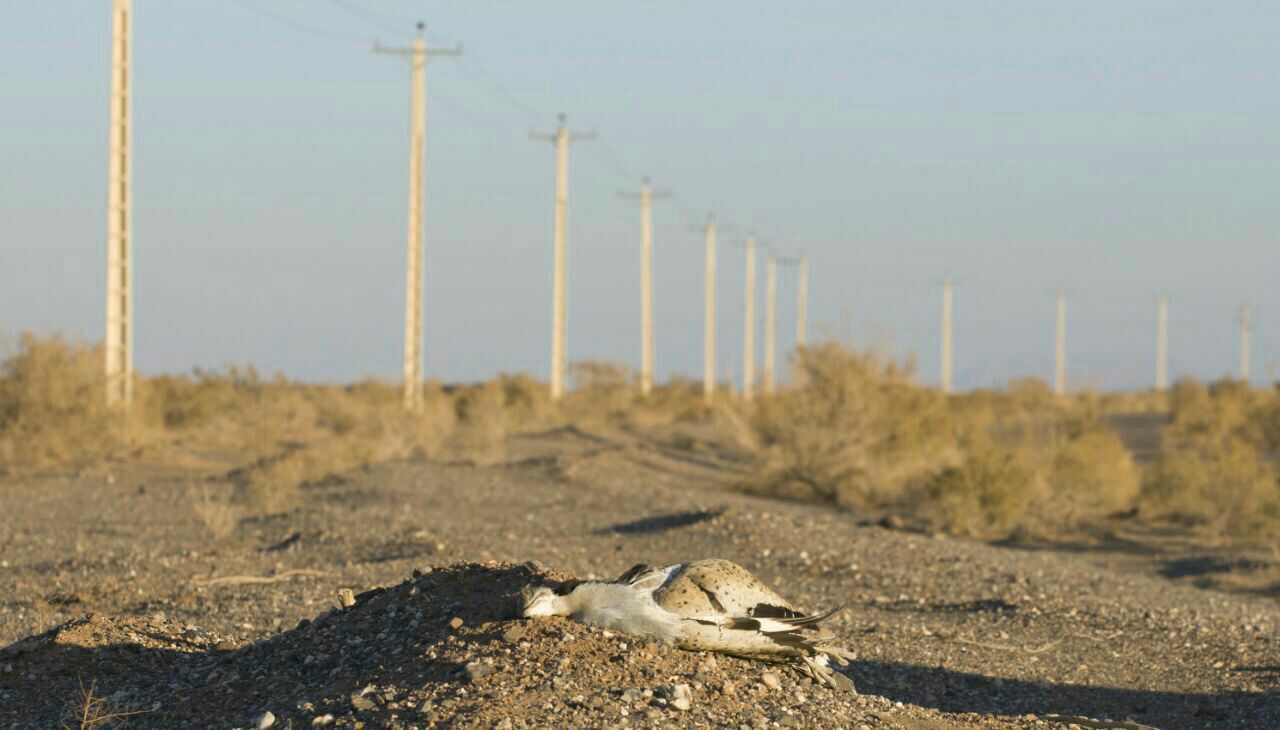
A Small Beginning
The idea was simple: identify high-risk collision hotspots along a 7-kilometer stretch of power lines and install spiral diverters to make the lines more visible to birds. Using ranger reports, local knowledge, and KDE analysis, we pinpointed a 4.5-kilometer high-density collision zone and extended the intervention area slightly to maximize impact. Half the diverters were orange, half yellow – a strategic choice designed to test visibility across different lighting conditions.
At the time, we didn’t know if this effort would yield measurable results. Would these spirals really make a difference? Would they endure the harsh desert conditions? The uncertainty was daunting, but the stakes were too high to ignore.
An Unexpected Impact
Months after installation, the results exceeded even our most optimistic expectations. Ranger and local reports confirmed the absence of further collisions in the treated area. The intervention had effectively eliminated the threat along the targeted stretch of power lines.
But the impact didn’t stop there. News of the project spread within the conservation community, drawing attention from researchers and members of the IUCN Bustard Specialist Group. Emails began arriving, asking for details about our approach, data, and outcomes. It was humbling to realize that what started as a small initiative had become a model for tackling similar challenges elsewhere.
A Story of Collaboration
This success wasn’t ours alone. It was built on the contributions of many: the rangers who reported collisions, the local farmers who shared their observations, and the volunteers who helped with data collection. Together, we turned an idea into a tangible impact, proving that collaboration can amplify the reach of even the smallest conservation efforts.
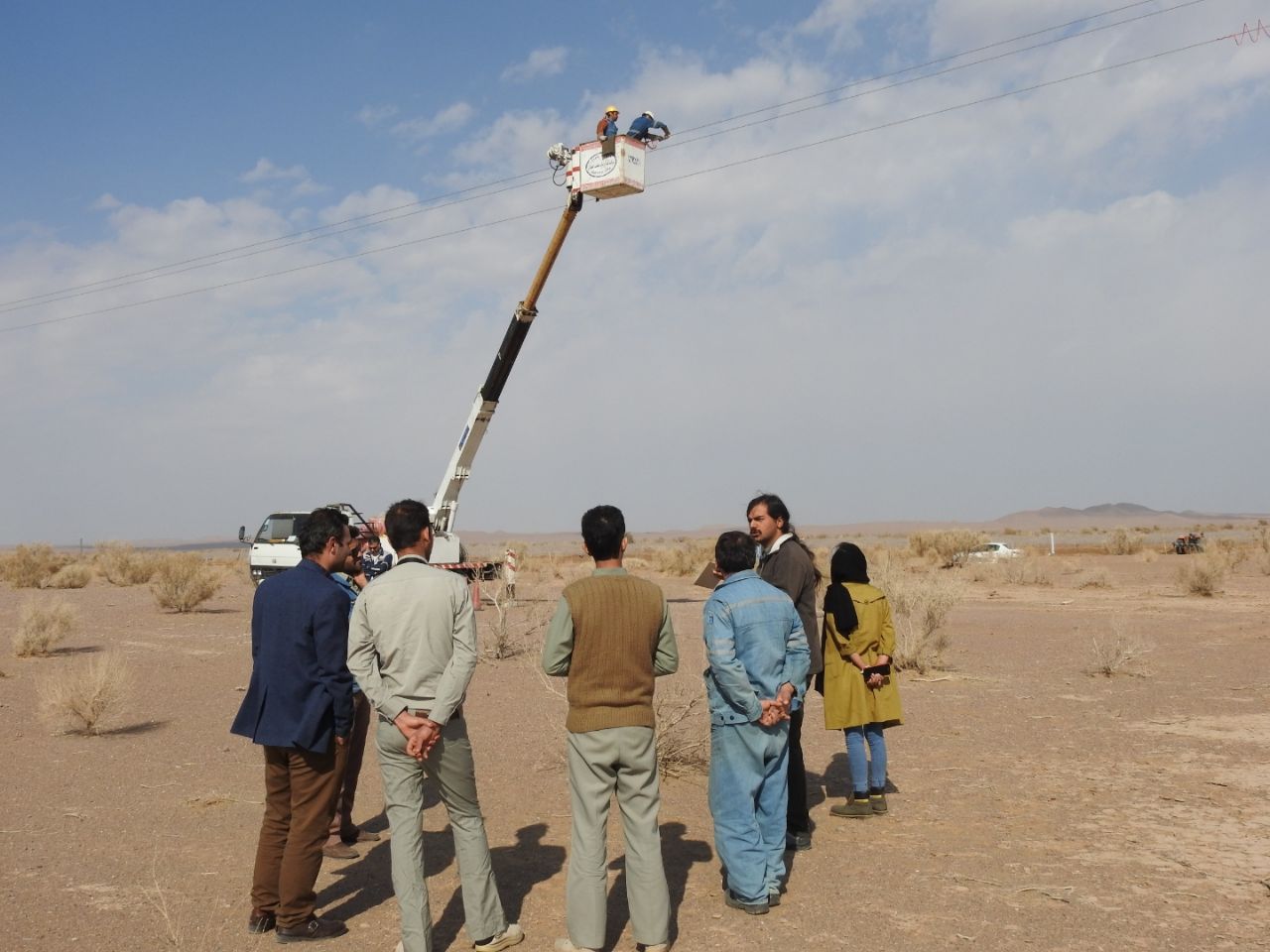
Looking Forward
Today, as we reflect on this project, it’s clear that we’ve only scratched the surface of what’s possible. The lessons we’ve learned here are shaping new ideas for conservation in Iran and beyond. We’re also inspired to continue bridging local efforts with global networks, fostering connections that strengthen the fight for vulnerable species like the Asian Houbara.
Our journey with the Abbas Abad power line project reminds us of a simple truth: even when outcomes are uncertain, taking action can lead to unforeseen and transformative results.
For those interested in exploring the detailed results of this project, you can read the full paper here.
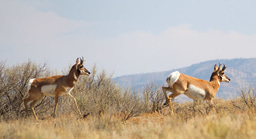
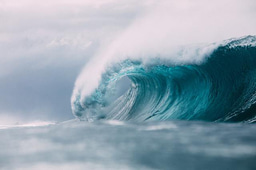

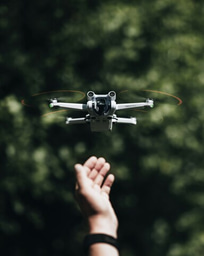
Please sign in or register for FREE
If you are a registered user on WildHub, please sign in
Wonderful success story! Thank you for sharing a summary of this project with us, Iman!
I also had a question: What did you wish you would have known before you started working on this project that could be useful to share with other conservation professionals now? Many thanks in advance for sharing your insights with us once again!
@Anne Mauro : perhaps this could also be of interest to you and your network?
Thank you so much for your kind words and thoughtful question! Reflecting on this project, I’ve realized that some initiatives go beyond their immediate impact on a specific area or species. They have the potential to demonstrate outcomes and generate insights that can be applied globally, inspiring and guiding conservation efforts elsewhere.
If I could go back, I would plan for a stronger and more comprehensive study design. A more robust approach could have provided even clearer evidence of the project's success and its potential for replication worldwide. It's a lesson I’ll carry forward to future projects, ensuring that their impact can be measured and shared more effectively. Thank you again for your support and for sparking this reflection!
Thank you very much for sharing your reflections Iman! We have promoted your WildHub post through our WildHub socials today, hopefully this will help draw even more attention to your work.